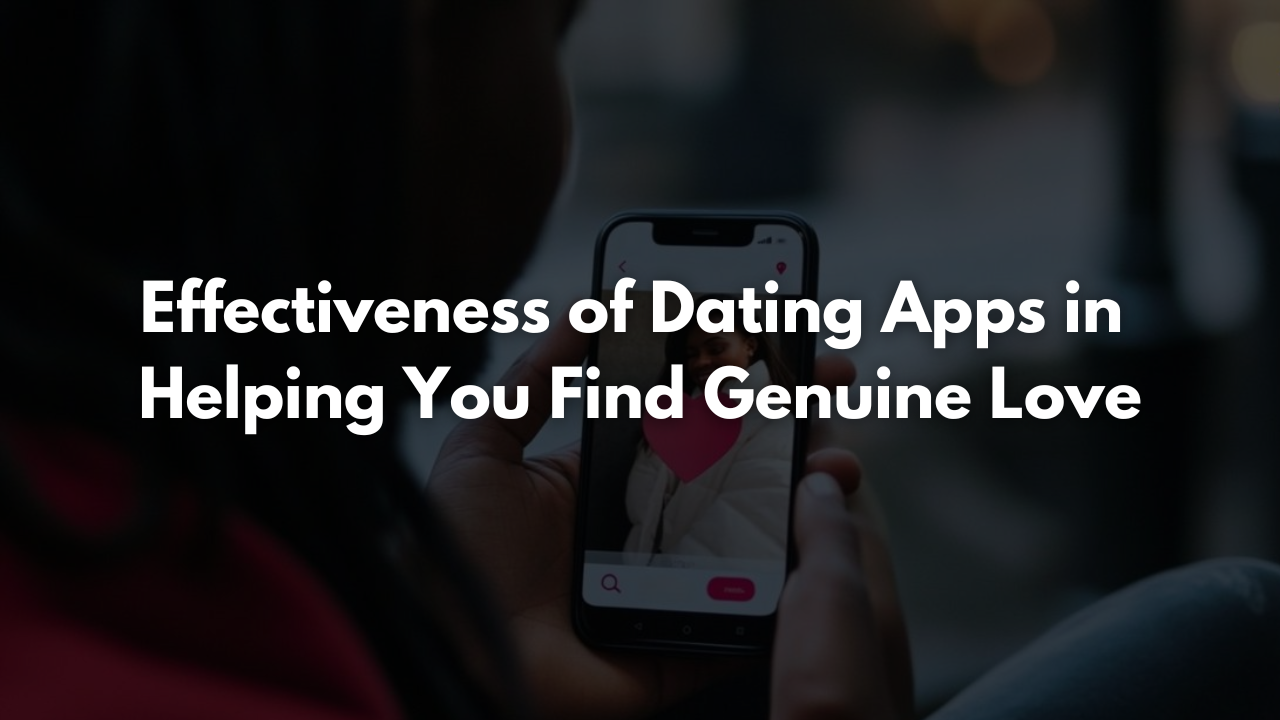In today’s digital era, The quest for finding true love has shifted from traditional methods to the virtual world. Dating apps are becoming a more mainstream way to meet potential partners. These dating apps are easy to use. You just have to shift through profiles and photos on a screen and find someone truly capable..
Usage and Revenue Data
The dating app market has made $5.34 billion in revenue in 2022. Match Group accounted for $2.8 billion of this revenue. The global user base of dating apps exceeds 300 million, with approximately 20 million users opting for premium features.
Tinder stands as the most popular dating app in the United States and Europe, maintaining the highest download rate in 2023. Bumble follows in popularity metrics. However, the number of downloads shows a declining trend, having peaked at 287.4 million in 2019.
A 2023 survey by Pew Research Center found that one in ten partnered adults met their significant other through online dating. This figure is notably higher among younger people and members of the LGBTQ+ community.
More than half of the users reported positive experiences: 57% of men and 48% of women expressed satisfaction with their online dating experiences. Despite the popularity of dating apps, issues such as fake profiles, AI-generated images, and bots remain prevalent. And that is the only reason some people got scammed a lot!!
Psychological Impact and User Experience
Research by Erasmus University Rotterdam indicates that Tinder usage may induce more negative than positive effects. Users find themselves engaging in social comparisons, leading to sadness and anxiety.
Swipe-based dating apps have also been linked to higher psychological distress and symptoms of depression, according to a study by Western Sydney University.
Despite these adverse effects, many users continue to engage with dating apps, driven by dopamine hits similar to those triggered by slot machines and addictive substances.
Various relationship types available through dating apps reflect underlying psychological motivations. Some individuals prioritize stability and security over traditional relationship dynamics. This can be seen in arrangements like open relationships, cohabitations without marriage, and even sugar daddy relationships.
These setups illustrate how different psychological needs drive the pursuit of non-traditional relationships, suggesting that apps must be adaptable to cater to such varied preferences.
Researchers like Elizabeth Bruch from the University of Michigan have expressed reservations about the overall effectiveness of dating apps in fostering long-term relationships.
A class-action lawsuit against Match Group cited user dissatisfaction and raised concerns about the impact of dating apps on mental health.
While dating apps have changed the methods people use to meet, data do not strongly support that these platforms are more effective than traditional methods in creating lasting relationships.
User Preferences and Business Models
Certain dating apps, such as eHarmony, claim a notable percentage of marriages in the United States. eHarmony employs a thorough matching process that includes compatibility scores based on deep-rooted factors. However, its lengthy questionnaire and focus on conventional relationship values may not attract everyone. The cost associated with eHarmony, such as a six-month membership priced at $359, also acts as a barrier for some users.
Despite the challenges associated with dating apps, they remain a popular avenue for individuals seeking potential partners. Apps like Hinge and Coffee Meets Bagel are recommended for those focused on serious relationships. Bumble grants more control to women during the dating process. However, the business model of dating apps presents a paradox: while they aim to help users find love, their profitability hinges on user engagement and premium subscriptions.
The financial structure of these apps has led to criticisms that they are engineered to keep users single. Frustrations arise from the high costs of premium features and the pressure to pay for enhanced visibility and better matches. This has fostered a culture where users feel compelled to spend money to increase their chances of finding a partner.
In response to such concerns, some researchers are developing alternative dating platforms prioritising transparency and user well-being. Psychologists Amie Gordon and Elizabeth Bruch from the University of Michigan are launching a free app designed to serve both as a matchmaking tool and a research platform.
This initiative aims to collect data on user behaviour and relationship outcomes to refine the scientific understanding of human connections.
Effectiveness and Criticisms
The effectiveness of dating apps in creating genuine love remains a contentious issue. While claims of facilitating a significant number of marriages exist, the broader data indicate that these platforms may not outperform traditional methods.
Challenges such as fake profiles, the prevalence of bots, and issues related to the mental health impact continue to complicate user experiences. Additionally, the paradox of profitability versus successful matchmaking remains a core issue, leading to debates on user retention strategies versus long-term relationship outcomes.
Conclusion
In conclusion, dating apps can be an effective tool in the search for genuine love, but they are not without their challenges. The key to success lies in how you use them—approach online dating with an open mind, but also with realistic expectations. Be patient, be yourself, and most importantly, be ready to invest in the process. Genuine love might not appear after the first swipe, but with persistence and the right mindset, it’s entirely possible to find a meaningful connection.
Also Read:

